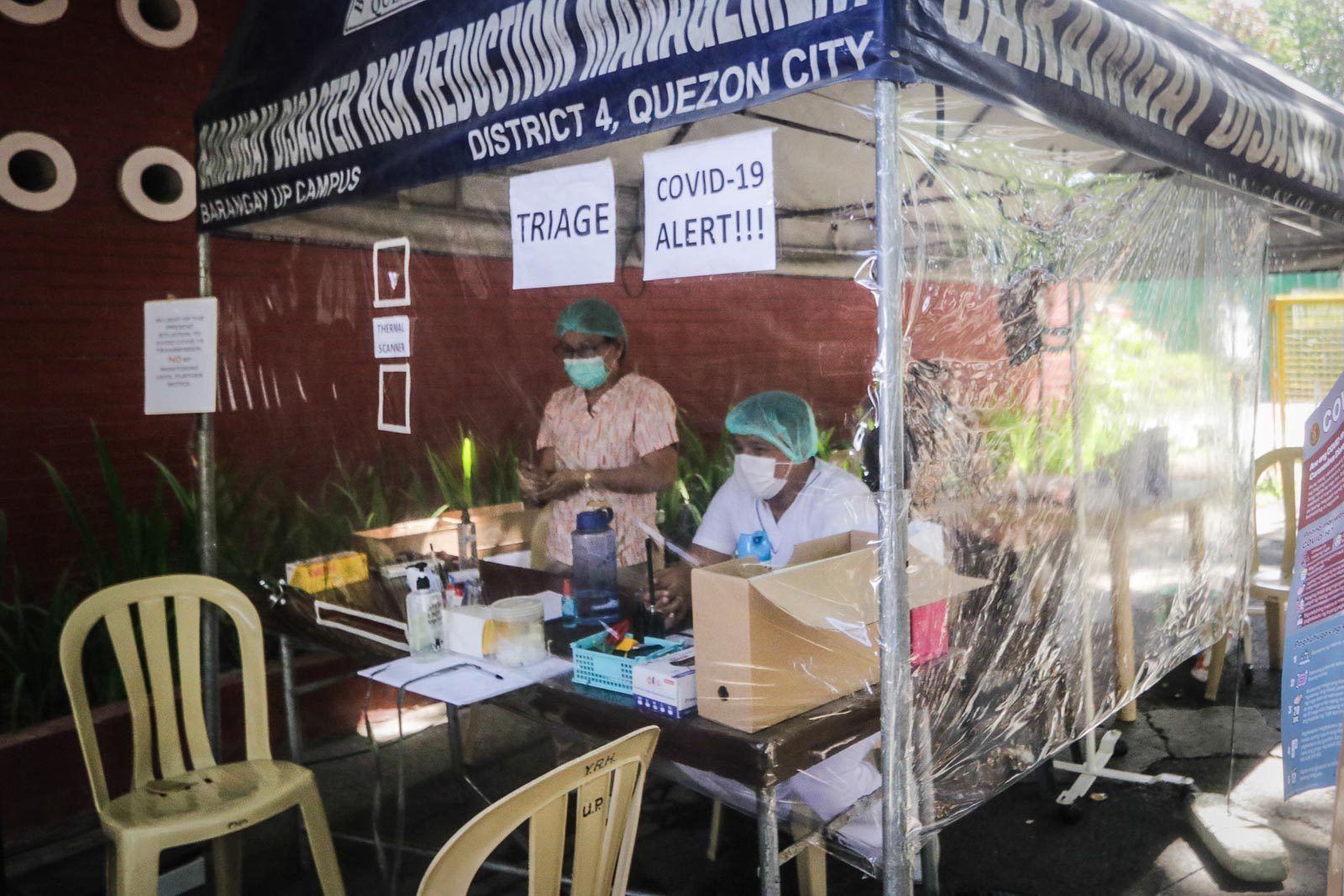SUMMARY
This is AI generated summarization, which may have errors. For context, always refer to the full article.

MANILA, Philippines – The National Economic and Development Authority (NEDA) urged businesses to reconfigure product offerings and produce more essentials needed during the coronavirus pandemic.
In its assessment paper, NEDA enumerated the various sectors that may shift priorities to meet the immediate needs of the wider population. (READ: LIST: How to help health care workers, frontliners during coronavirus pandemic)
These are NEDA’s suggestions:
Alcohol, soap, disinfectants. Perfume companies like Bench, Aficionado, and Johnson & Johnson, among others, can be tapped for alcohol and disinfectant production. Since perfumes are mostly alcohol-based, they may be able to shift production easily. Perfume containers can be used as alcohol containers as well.
Procter & Gamble, Universal Robina, JG Summit, and Colgate-Palmolive should also consider focusing on the production of basic necessities like alcohol, soap, and disinfectants. (READ: Ramon Ang’s San Miguel supports frontliners vs coronavirus)
Producers of agrochemical products may also be directed to produce disinfectants. Pesticide sprays may be used as disinfectant sprays. Mechanical and civil engineering associations can be consulted to come up with feasible designs that can be built quickly.
Plastics for protective and medical equipment. Plastic manufacturing companies may consider shifting production of head covers, goggles, and overall personal protective equipment (PPE). There is a need to check if their machines can accommodate shifting of production.
Makers of tarpaulins may be encouraged to produce tents.
Plastic companies can also be encouraged to produce plastic containers for dextrose.
Producers of monobloc chairs and other hard plastics can shift to disposal bins.
Makers of rubber slippers can be encouraged to produce rubber footwear, rubber gloves, and even rubber hose for dextrose.
Textile. Textile and apparel companies can manufacture fabric or cloth face masks that comply with the right specifications or production standards. The government can then buy these protective gear for frontline medical workers and checkpoint personnel.
The Department of Science and Technology can be tapped for the design and identification of appropriate materials for the masks and PPE sets. (READ: Fashion designers sew masks, PPEs for coronavirus frontliners)
The Technical Education and Skills Development Authority can prioritize trainings on skills needed for the making of masks and sanitation wearables.
Construction. Local government units can tap engineering experts to come up with practical designs for quarantine facilities and buildings for disinfection and waste disposal.
The national government can identify strategic areas where facilities can be installed, such as terminals, ports, and train stations.
Public transport. Buses and jeepneys can be used to transport frontliners. In the private sector, buses can be used to transport security guards and employees of firms that are allowed to operate.
Buses can also be used to transport essential goods.
Railway lines can also be used to facilitate movement of frontliners free of charge.
Angkas and Grab drivers may be utilized to deliver food items and other essentials or serve as delivery personnel of food establishments and pharmacies. Health checks should be provided for drivers.
Telecommunication. Telecommunication companies can boost information dissemination by the Department of Health, hospitals, and health services.
Advertising. Ad agencies can help craft COVID-19-related information materials.
Hotels. Hotels can be used as quarantine facilities should COVID-19 statistics rise. The government must shoulder costs of patient stay. Tax holidays and incentives for hotels that will volunteer should also be given. – Rappler.com
Add a comment
How does this make you feel?
There are no comments yet. Add your comment to start the conversation.